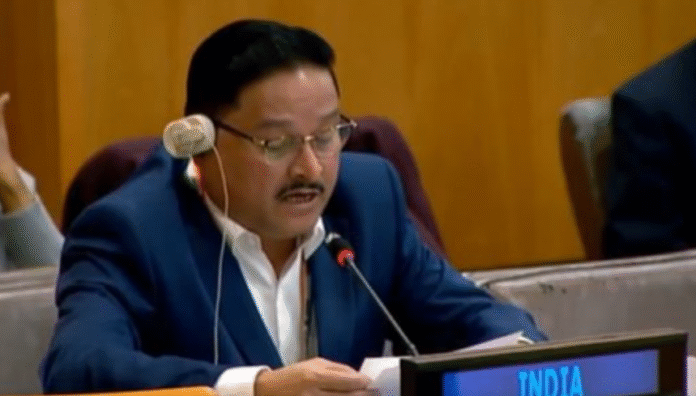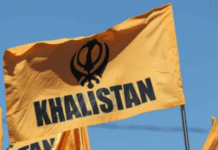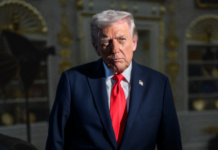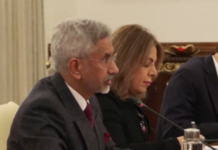UNITED NATIONS — India has sharply criticized a United Nations human rights report on Myanmar, calling it biased and communal after it claimed that the April Pahalgam terrorist massacre influenced India’s treatment of Rohingya refugees.
Speaking at a UN briefing on human rights in Myanmar, BJP Member of Parliament Dilip Saikia denounced the remarks made by Thomas Andrews, the UN Special Rapporteur on Human Rights in Myanmar and a former U.S. congressman-turned-Harvard academic.
“I strongly denounce the biased approach adopted by the Special Rapporteur, who has viewed the innocent civilian victims of the April 2025 terrorist attack in Pahalgam through a communal lens,” Saikia said on Tuesday. “The allegation that this terrorist attack impacted displaced persons from Myanmar has absolutely no factual bearing.”
Saikia, part of India’s delegation to the UN General Assembly, added that India “rejects such prejudiced and blinkered analysis” by Andrews, emphasizing that the report lacked credibility and factual grounding.
Referring to the Rohingya population residing in India, Saikia said the country has witnessed “an alarming level of radicalization among the displaced persons leading to consequential pressure and impact on the law and order situation.”
The Rohingya militant organization Arakan Rohingya Salvation Army (ARSA), led by Karachi-born Ataullah abu Ammar Jununi, has been accused of carrying out communal attacks in Myanmar. In 2017, ARSA militants reportedly killed 99 Hindus, including women and children, and abducted several others, according to Amnesty International.
Reaffirming India’s stance on Myanmar, Saikia said, “India is for an immediate cessation of violence, release of political prisoners, unhindered delivery of humanitarian assistance, and inclusive political dialogue. We firmly believe that sustainable peace can only be secured through inclusive political dialogue and the early restoration of democratic processes through credible and participatory elections.”
In his report, Andrews had alleged that refugees from Myanmar have been “summoned, detained, interrogated and threatened with deportation” by Indian authorities following the Pahalgam attack, despite no involvement of Myanmar nationals. He also claimed that about 40 Rohingya refugees were taken by sea and dropped off near the Myanmar coast, while others were deported to Bangladesh.
Andrews described the Pahalgam attack as targeting “Hindu tourists,” though reports indicated the terrorists’ motive was to kill non-Muslims, with victims including a Christian.
Responding to the remarks, Saikia advised Andrews “not to rely on unverified and skewed media reports whose sole purpose appears to be maligning my country, where people of all faiths live, including more than 200 million Muslims — about 10 percent of the world’s Muslim population.”
Special Rapporteurs are independent experts appointed by the UN Human Rights Council to assess specific human rights situations. Their reports reflect personal findings and do not necessarily represent the views of the UN Secretary-General. (Source: IANS)














